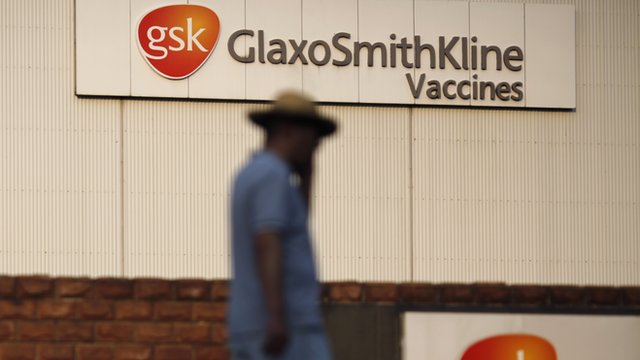
GSK tops drug approval rates
pharmafile | March 7, 2014 | News story | Medical Communications, Sales and Marketing | FDA, GSK, J&J, JJ, Merck, Sanofi, ep, evaluate pharma, lilly, nme
GlaxoSmithKline is riding high when it comes to the approval of new medicines but US firm Lilly is falling behind.
This is according to new data released this week by analysts at EvaluatePharma (EP). It found that GSK had 20 new molecular entities (NMEs) approved by the FDA between 2008 and 2013, all of which are expected to bring in nearly $12 billion in sales by 2018.
This positioned the London-based firm at the top of the 12 big pharma companies EP observed. Coming last however, was Lilly, who only received two approvals in the same time period.
EP says GSK was buoyed by sales from its vaccines unit. It is unusual for analysts to include vaccines sales as not all companies focus on this area, but it added they “undeniably represent a real contributor to innovation in healthcare”, as well as to the top lines of many in big pharma, hence their appearance.
Vaccines represent seven of GSK’s drug approvals since 2008: three flu vaccines, three infant vaccines and its cervical cancer offering Cervarix. Were these to be excluded, it would still be at the top of the list with Novartis, who comes second.
The Swiss firm has similarly been uplifted by its vaccines arm – which contributed five of its approvals – although EP notes that Novartis is rumoured to be considering selling off this unit.
EP’s analysts add that the achievements from both Johnson & Johnson and Bayer ‘are notable’, considering that these are conglomerates without a sharp focus on pharmaceuticals, particularly so in Bayer’s case.
And both manage to feature in the list of the most successful new molecules from big pharma over the past six years – J&J has an impressive three molecules in the top 10.
Negative trends
At the bottom of the table the travails of Lilly and the other laggards in this analysis – notably AstraZeneca and Merck – are well known says EP, and whose management teams are under pressure to improve productivity rates.
But it believes that many investors and analysts are growing ‘increasingly confident’ that these firms will deliver. EP’s analysis makes it clear that these companies not only have to work on bringing more new products to market, they have to increase the commercial quality of these medicines too.
For example Sanofi, despite winning a respectable six new drug approvals since 2008, is only expected to generate $2.5 billion in new sales from them by 2018.
The French drug maker’s crop of novel products include the atrial fibrillation drug Multaq (dronedarone) and chemotherapy agent Jevtana (cabazitaxel), but both have disappointed in the sales department to date.
Ben Adams
Related Content

Roche’s Alecensa approved by FDA as lung cancer treatment
Roche has announced that the US Food and Drug Administration (FDA) has approved Alecensa (alectinib) …

GSK shares results from phase 3 trial for gonorrhoea treatment
GSK has announced positive results from its phase 3 EAGLE-1 trial for gepotidacin, a potential …

GSK’s meningococcal vaccine candidate accepted for FDA review
GSK has announced that the US Food and Drug Administration (FDA) has accepted for review …






